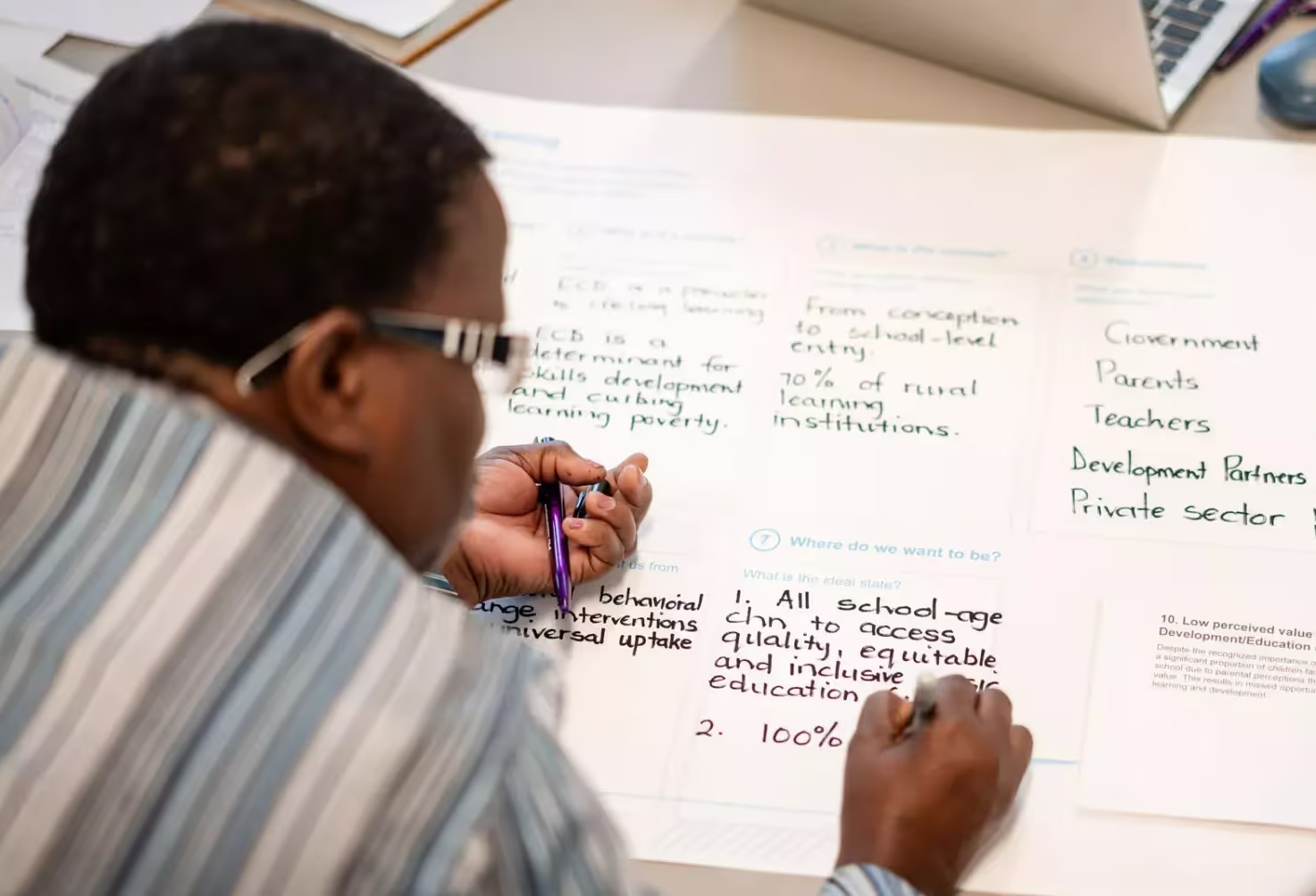Binge Consumption & Public Health

For crisis response measures to be effective, they need to be mirrored in public behaviour. The Accelerator Lab in Sudan is looking to understand – and nudge – consumer behaviour and the systematic implications of binge consumption on public health, economy and society. While particularly salient in the midst of the COVID-19 crisis, with hand sanitiser flying off the shelves and price increases of 280% on masks, this work is part of a bigger effort to identify and test multiple entry points for supporting responsive governance in Sudan. In addition to social media analysis, opinion polls, and more, the Sudan Accelerator Lab is preparing to dispatch an SMS survey to a diverse sample of 635,000 people, including nomads, migrants, homemakers, rural populations, the elderly as well as youth. The leads emerging from the responses (estimated at 2%, or 12,700) will inform the Lab’s behavioural interventions, including targeted messaging to discourage panic-buying.


.avif)

